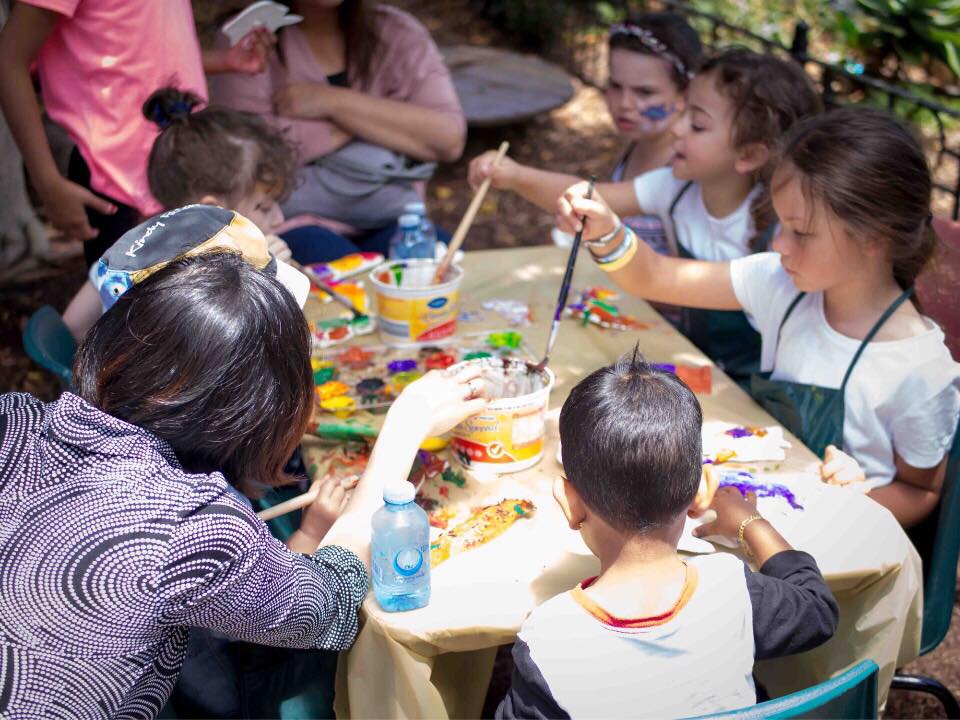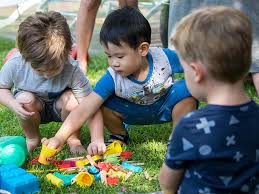
Benefits of Preschool.

Play-based learning provides opportunities for children to actively and imaginatively engage with people, objects and the environment. Symbolic representation is a critical aspect. When playing, young learners may be organising, constructing, manipulating, pretending, exploring, investigating, creating, interacting, imagining, negotiating and making sense of their world. It promotes the holistic development (physical, social, emotional, cognitive and creative) of a child and depending on how it is utilised, may also support a broad range of literacy and numeracy skills.
Play-based learning is strongly connected to the development of self-regulation as young learners develop the skills of collaboration, to negotiate and to reach compromises, to share ideas and express opinions, to make and follow rules and to act with agency (Berk, Mann & Ogan, 2006). It is the degree
of agency and capacity to make decisions that are central to the concept of play-based learning. ‘To an observer, learners demonstrating choice are setting goals, developing and sharing ideas, making and changing rules and negotiating challenge. They are also likely to be choosing collaborators and
roles’ (Mardell, B., Wilson, D., Ryan, J., Ertel, K., Krechevsky, M., & Baker, M. 2016, p. 7). It is through play-based learning that young learners explore and apply knowledge and understandings as individuals and as part of a group. An observer of play-based learning is likely to see young learners actively engaged in experiences where choice, wonder and delight is evident in their interactions.